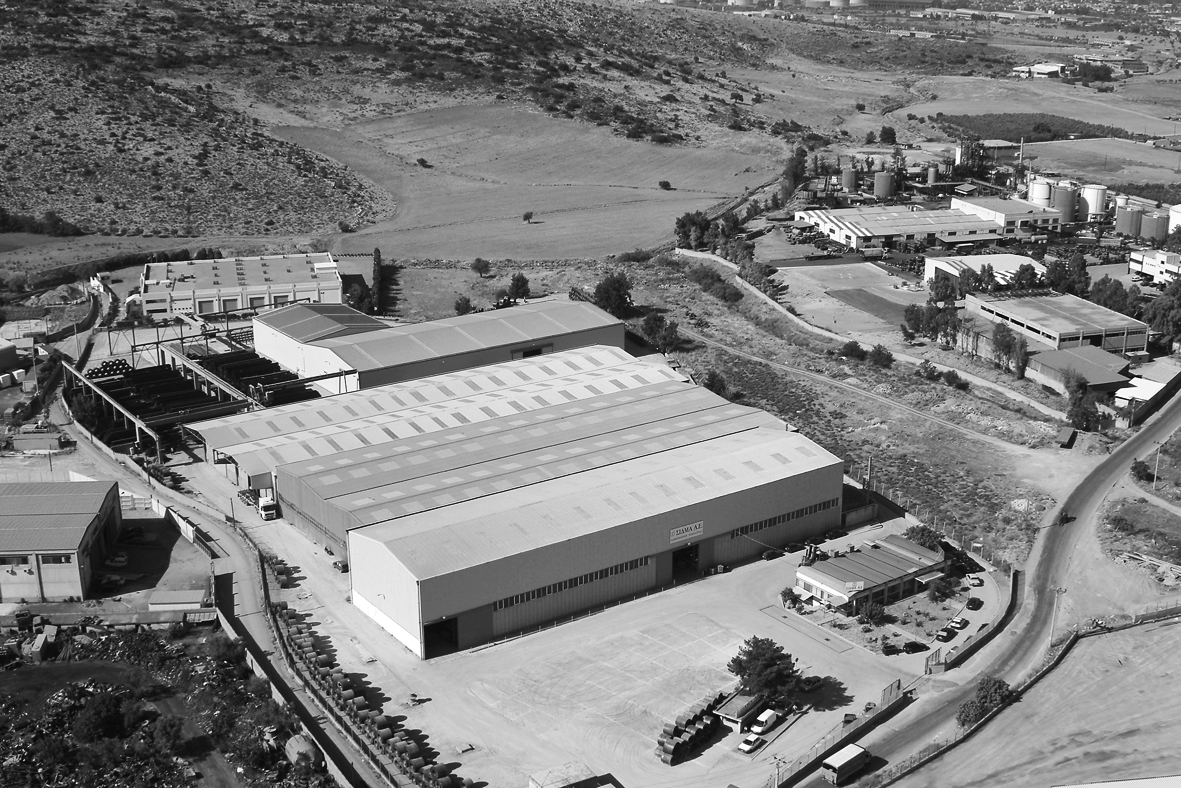CORPORATE GOVERNANCE

Corporate Governance is a system of principles and practices based on which a company is organized, managed and operated, so as to preserve and comply with the legal interests all those associated with the company.
The Group has adopted and applies the Greek Corporate Governance Code (ΕΚΕD), in order to achieve transparent communication with its Shareholders, Executives, Employees, Partners, Contractors and Suppliers, as well as direct and continuous updates for the investment public.
The Group, in a continuous effort to respond to its stakeholders’ expectations in a consistent way, applies the law and the regulatory framework relating to its activities, particularly the applicable provisions for corruption.
Effective Corporate Governance does not consist in a specified plan but in a continuous effort to fit into the actual recommended parameters, in combination with society’s constantly increasing expectations. The proper company structure and procedures result in successful Company Governance, which promotes corporate recognition and reputation.
In this framework, the Group had adopted the following principles and practices:
01 Separating the duties of the Chairman from those of the Managing Director
and applying an integrated Internal Audit System throughout the Group, pursuant to international standards and the applicable regulatory framework.
02 Establishing a Professional Conduct & Ethics Code
applicable to service provision, in order to promote the standards imposed by modern corporate governance and to enhance the effectiveness of Internal Audit rules.
03 Creating a communication channel
through which the Employees can submit complaints off the record for potential violations of a policy or ask for advice.

Internal Audit System (IAS)
The SIDMA Group applies an Internal Audit System, pursuant to the relevant regulatory framework, which consists in audit mechanisms and audit procedures that cover, on a continuous basis, all the Group’s activities, aiming at its effective and safe operation.
The IAS includes:
- an adequate and efficient IAS
- an adequate and efficient Risk Management and Regulatory Compliance System.
The IAS ensures:
- consistently applying corporate strategy by effectively utilizing available resources
- identifying and managing all risks undertaken
- completeness and reliability of the data and information required for accurately and promptly determining the Company’s financial status and for compiling reliable financial statements
- compliance with the applicable regulatory framework, the Group’s internal regulations, Policies and Procedures, and the Professional Code – preventing and avoiding mistaken action that could jeopardize the reputation and interests of the Company, Shareholders and all bodies having transactions with the Group
- efficient operation of IT systems in order to support corporate strategy and the secure transmission, processing and storage of critical business information.

